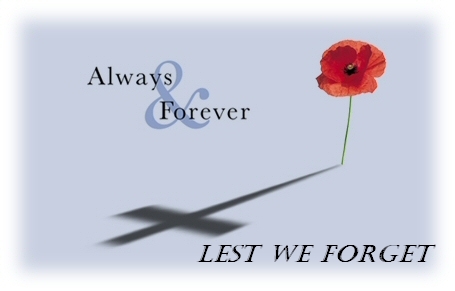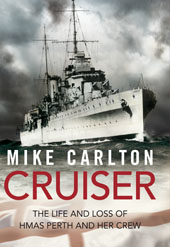German tribute to Kormoran, Sydney sailors
THE German navy will today unveil memorials commemorating the crews of the HMAS Sydney and the Kormoran that sank it in World War II.
Plaques remembering the 645 Australians and 78 Germans who died will be unveiled at the German Naval Memorial in Laboe, in the state of Schleswig.The push for the memorials came jointly from the German Naval Association and the Finding Sydney Foundation, which located the wrecks in 2008. At the time, Australian officials dropped wreaths as a mark of respect to the lost Australian and German sailors. Despite the discovery of the ships and a comprehensive official inquiry, the HMAS Sydney’s sinking remains controversial with some relatives of its crew members.
Members of the German Naval Association have told Australian officials that relatives complained to them the plaques should not be laid because the cruiser’s sinking was a war crime and last year’s official inquiry was a cover-up.The inquiry, headed by former judge Terence Cole, rejected claims that the Germans tricked the Sydney’s captain into moving in too close and that the Germans murdered Australian survivors.The German Naval Memorial in Laboe has international significance and is one of the few German military memorials not destroyed by the Allies at the end of World War II. Others were seen to “glorify war and the spirit of aggression”.
The Finding Sydney Foundation said the memorial’s intent was to record Germany’s personal tribute to all of the men who died in the battle and had no element of glorifying either combatant or nation.A Royal Australian Navy spokesman said last night the loss of HMAS Sydney was as tragic and significant now as it was in November 1941.”It remains the RAN’s largest ever loss of life during a single action. This plaque commemorates heartbreak and honours sacrifice made by both sides in war,” the spokesman said.
© The Australian
Why is this day special to Australians?
At 11 am on 11 November 1918 the guns of the Western Front fell silent after more than four years continuous warfare. The allied armies had driven the German invaders back, having inflicted heavy defeats upon them over the preceding four months. In November the Germans called for an armistice (suspension of fighting) in order to secure a peace settlement. They accepted the allied terms of unconditional surrender.
The 11th hour of the 11th day of the 11th month attained a special significance in the post-war years. The moment when hostilities ceased on the Western Front became universally associated with the remembrance of those who had died in the war. This first modern world conflict had brought about the mobilisation of over 70 million people and left between 9 and 13 million dead, perhaps as many as one-third of them with no known grave. The allied nations chose this day and time for the commemoration of their war dead.


Recent Comments